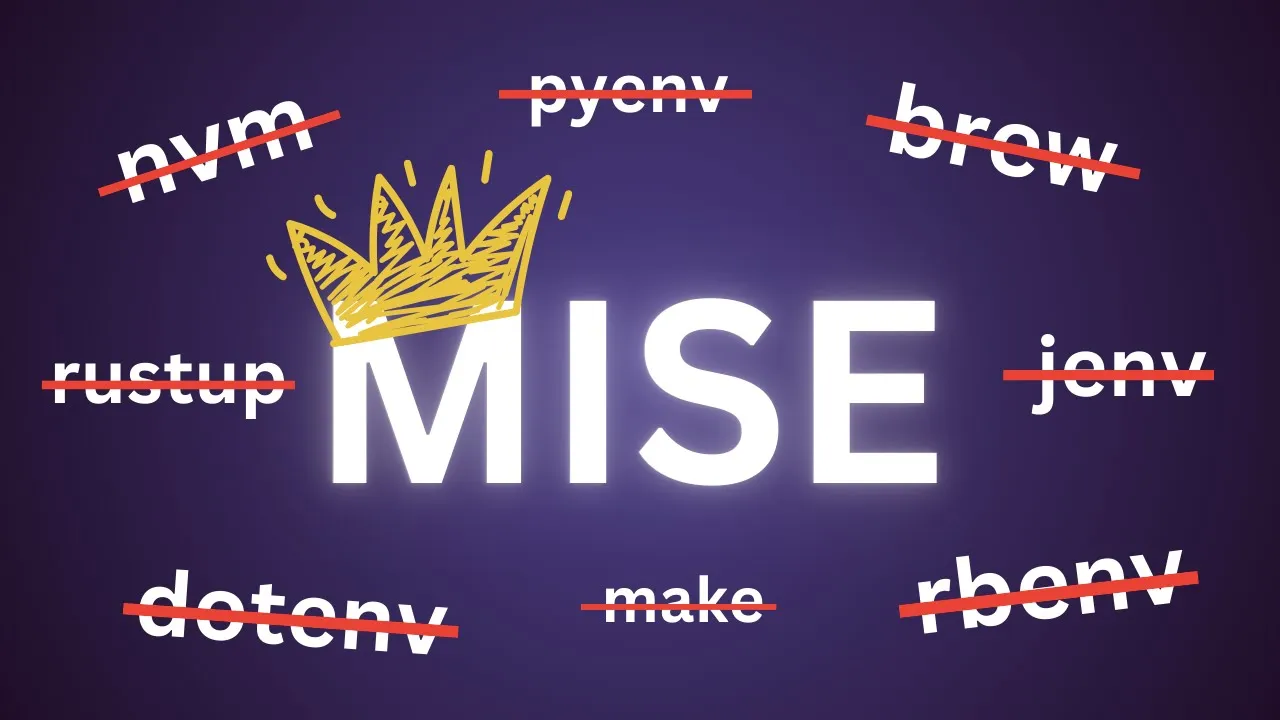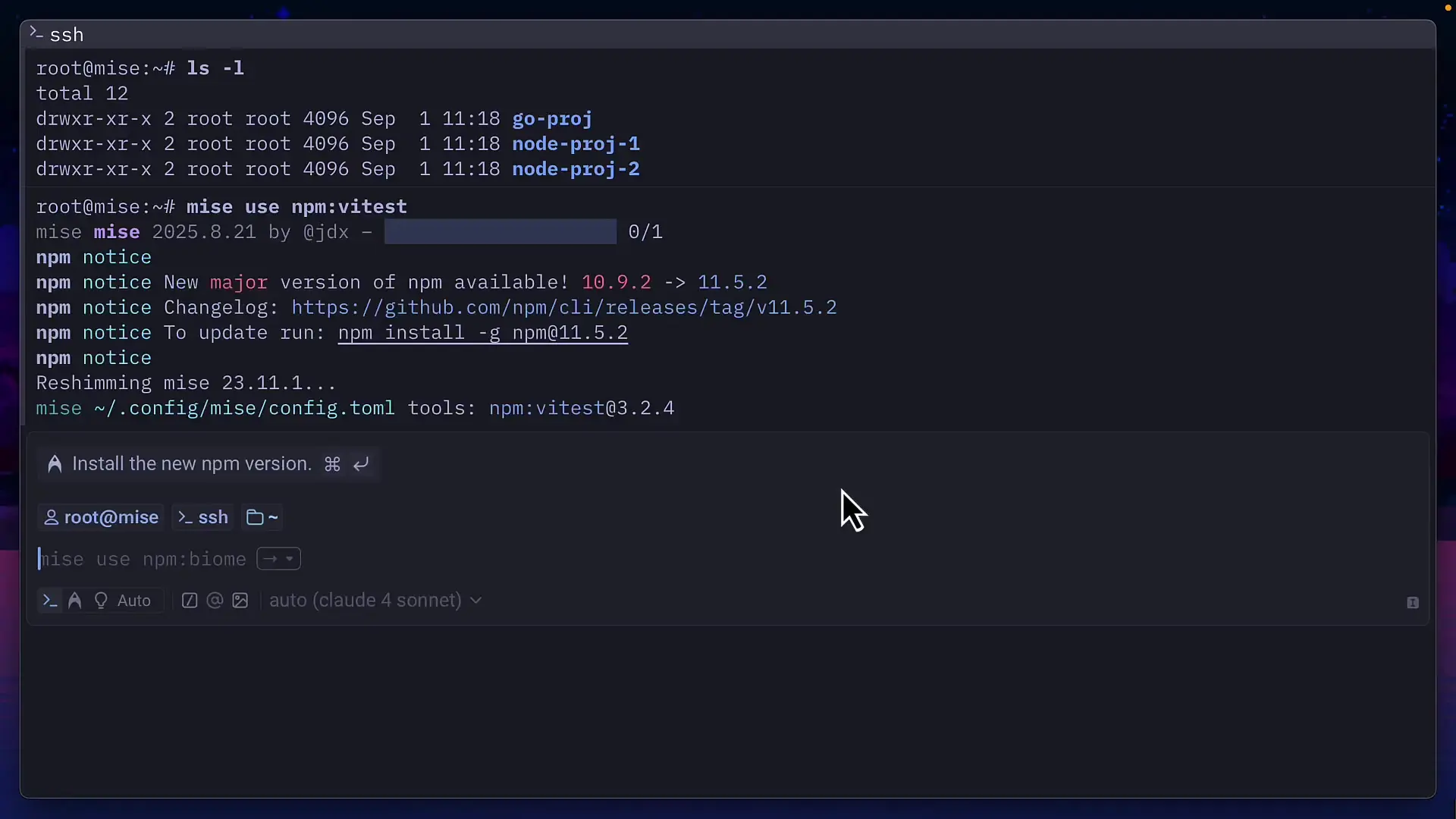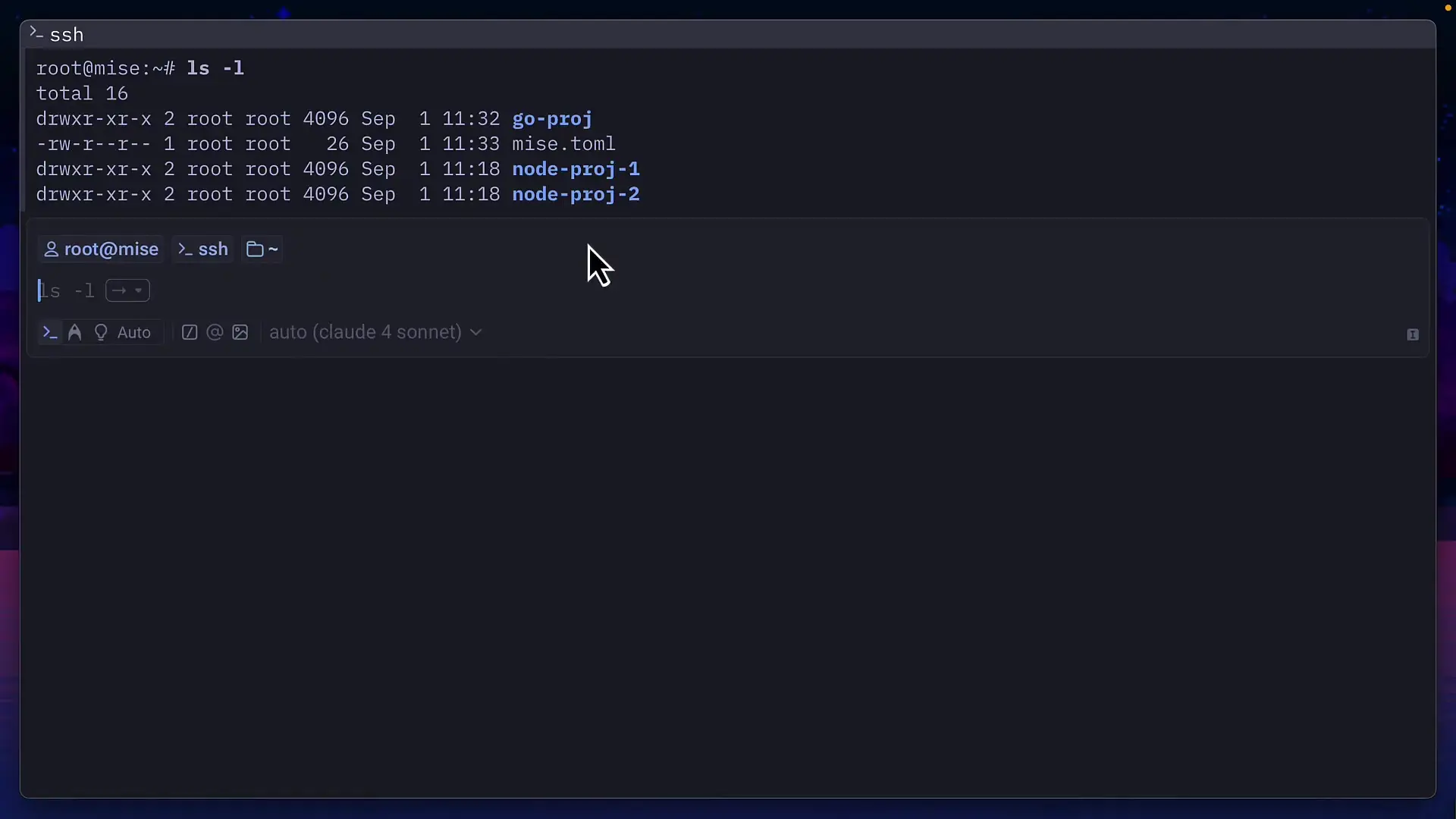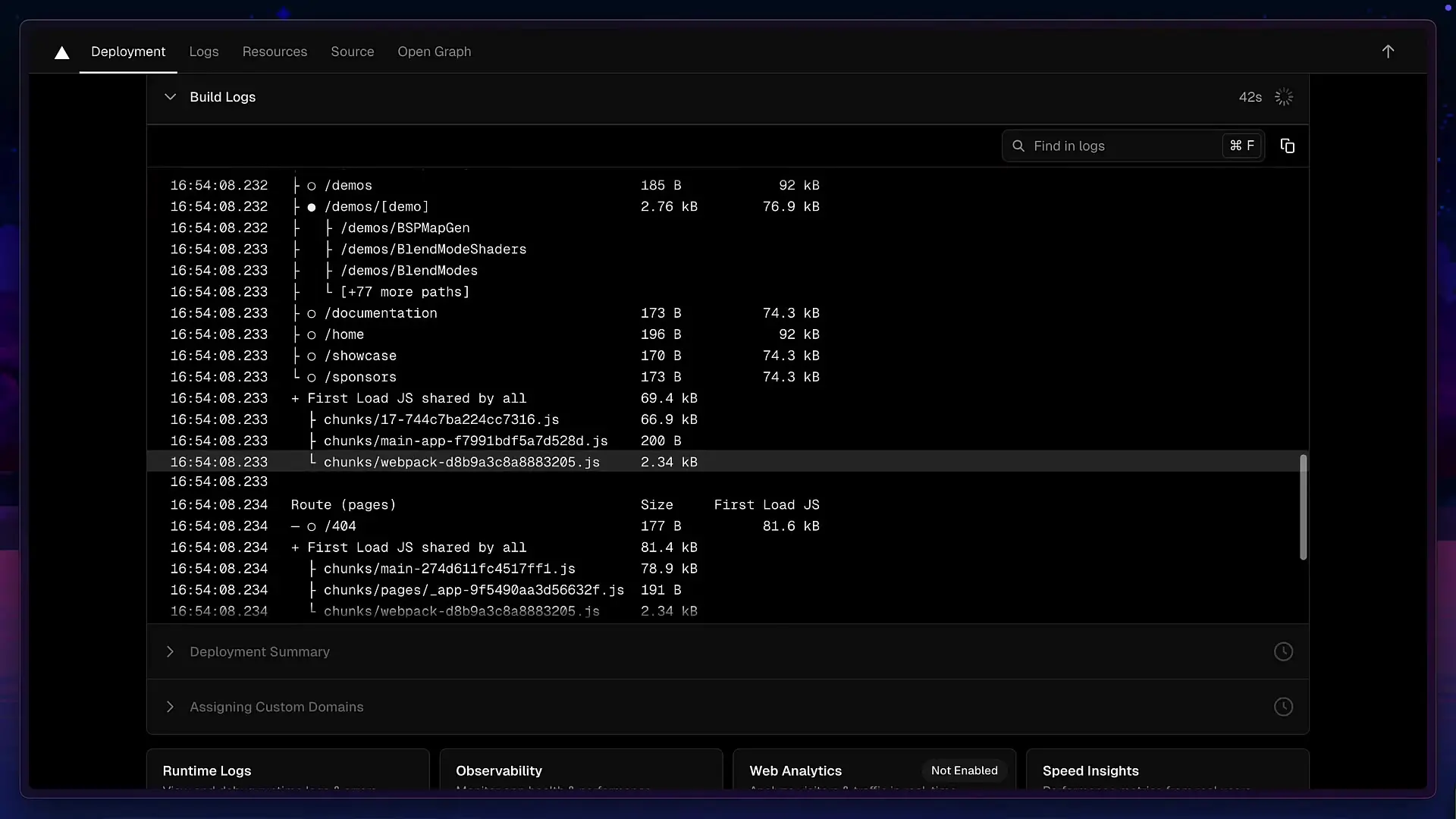
Managing different versions of programming languages and tools across projects has always been a challenge for developers. Enter Miis (inspired by the French culinary term 'mis en place'), a revolutionary polyglot tool manager written in Rust that promises to transform how developers handle version management across multiple programming languages and frameworks.
What Makes Miis Different from Other Version Management Software?
Miis stands out as a comprehensive solution for development version management that eliminates the need for multiple language-specific version managers or even package managers like Brew. Unlike traditional tool version managers, Miis provides a unified interface for managing Node, Python, Ruby, Go, and virtually any other programming language or tool you might need in your development workflow.
One of Miis's most powerful features is its ability to install npm packages globally or per-project without requiring the traditional node_modules folder or package.json file in every project. This creates a cleaner project structure while maintaining all the functionality developers need.
Getting Started with Miis for Version Management
Setting up Miis is straightforward. After installation, you can run `mi doctor` to check for any configuration issues and then activate it for your shell. From there, you can start using Miis to install and manage your tools.
- Install Miis on your system
- Run `mi doctor` to verify the installation
- Activate Miis for your shell (bash, zsh, etc.)
- Start installing tools with `mi use [tool]` or `mi install [tool]`
Core Features of Miis as a Software Version Management Tool
- **Global and Project-Specific Tool Installation**: Install tools globally or limit them to specific project directories
- **Configuration Files**: Automatically generates a config.toml file that can be shared with team members
- **Version Specification**: Easily specify which version of a tool you need
- **Registry Access**: Browse available tools with `mi registry`
- **Version Upgrades**: Bump tools to their latest versions with `mi upgrade --bump`
- **NPM Package Installation**: Install npm packages without node_modules folders
- **Multi-Language Support**: Works with npm, cargo (Rust), go, Ruby gems, and more
Managing Project-Specific Tools with Miis
One of the most powerful features of Miis in DevOps environments is its ability to manage project-specific tool versions. For example, you can install Go only in a specific project directory, ensuring it's available only where needed.
# Navigate to your Go project directory
cd go-project
# Install Go only for this project
mi use go
# Verify installation
go version # Works in this directory
# Go back to root directory
cd ..
# Try running go - it won't be available here
go version # Command not foundThis project-specific installation capability is a game-changer for teams working on multiple projects with different version requirements. It eliminates version conflicts and ensures each project has exactly the tools it needs.

Creating and Running Tasks with Miis
Miis provides a task system similar to npm scripts, allowing you to define project-specific commands. This is particularly useful for standardizing commands across different projects or creating shortcuts for complex operations.
# Example mi.toml file with tasks
[tasks]
test = { script = "vitest run --dir project1 project2", desc = "Run tests in specific directories" }Once defined, you can run these tasks with a simple command: `mi run test`. This provides consistency across projects and simplifies complex workflows.
Managing Environment Variables and Secrets
Miis also excels at managing environment variables and secrets across projects. You can define environment variables that are accessible to all your projects, making it easy to share configuration between different codebases.

Setting up environment variables is simple with the `mi env set` command. These variables are stored in a separate mi.toml file and are automatically loaded when you run commands in your project directories.
# Set an environment variable
mi env set DEPLOYMENT=production
# View all environment variables
mi env
# Access in your code as normal environment variables
# Example in Node.js: process.env.DEPLOYMENTFor sensitive information, Miis provides redaction capabilities, allowing you to mask values in CI/CD pipelines and logs.
When to Use Miis vs. Traditional Package Managers
While Miis offers impressive capabilities as a version management tool, it's important to understand when to use it versus traditional package managers:
- **Global CLI Tools**: Miis is ideal for installing global CLI tools like PM2 or kill-port
- **Project-Specific Runtime Versions**: Perfect for managing different versions of Node, Python, or Go per project
- **Shared Development Tools**: Great for standardizing development tools across a team
- **Project-Specific Dependencies**: For project dependencies like React or Next.js, traditional package managers (npm, yarn) may still be preferable, especially for deployments that rely on package.json

Miis vs. Other Polyglot Version Managers
Compared to other polyglot version managers like ASDF, Miis claims superior performance and security. Being written in Rust, it offers better speed than bash or Go-based alternatives, making it an excellent choice for build tools in DevOps environments where performance matters.
Additionally, Miis's configuration files can be committed to version control, allowing teams to standardize their development environments and ensuring everyone has access to the same tools and versions.
Practical Use Cases for Miis in Development Workflows
Miis shines in several practical scenarios that developers frequently encounter:
- **Server Setup**: Quickly configure new development servers with all necessary tools
- **Team Onboarding**: New team members can get the exact development environment with a single command
- **Multi-Project Development**: Work on multiple projects with different language version requirements without conflicts
- **CI/CD Pipelines**: Standardize build environments across different CI/CD systems
- **Cross-Platform Development**: Maintain consistency between different operating systems
Conclusion: Is Miis the Future of Version Management?
Miis represents a significant advancement in software version management tools, offering a unified approach to managing programming languages, tools, and dependencies. Its project-specific installation capabilities, environment variable management, and task system make it a powerful addition to any developer's toolkit.
While it may not completely replace traditional package managers for project-specific dependencies, Miis excels at managing the development environment itself. For teams working with multiple languages and tools, Miis provides a cleaner, more consistent approach to version management that can significantly improve development workflows.
As development environments continue to grow in complexity, tools like Miis that simplify version management across multiple languages will become increasingly valuable. Whether you're managing a single project or orchestrating complex microservices architectures, Miis offers a compelling solution for your version management needs.
Let's Watch!
Miis: The Ultimate Tool for Managing Multiple Language Versions in DevOps
Ready to enhance your neural network?
Access our quantum knowledge cores and upgrade your programming abilities.
Initialize Training Sequence